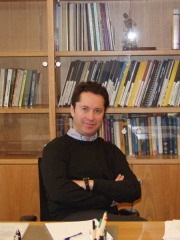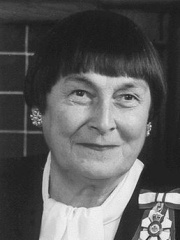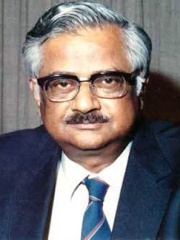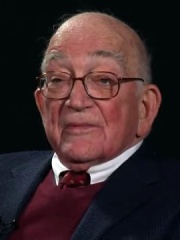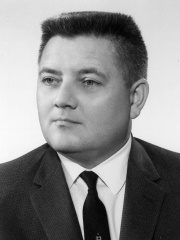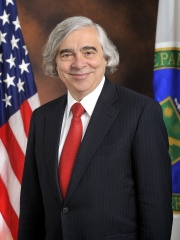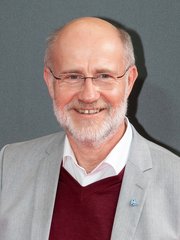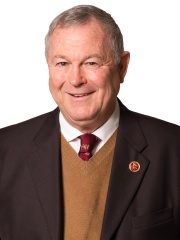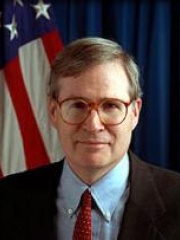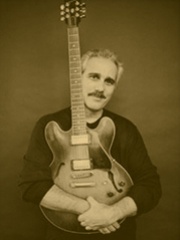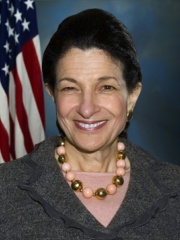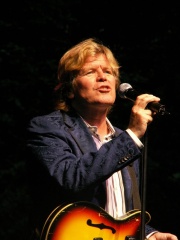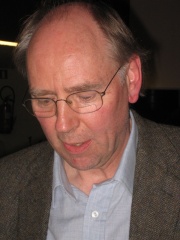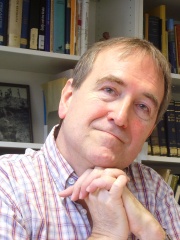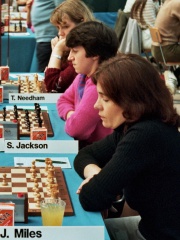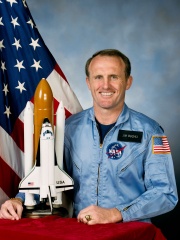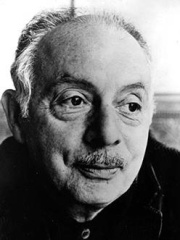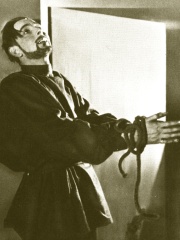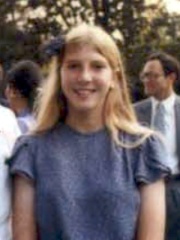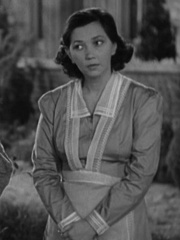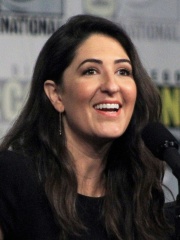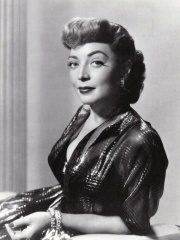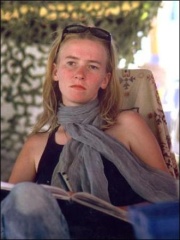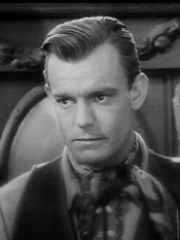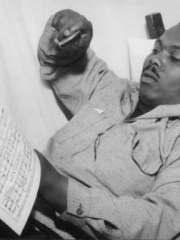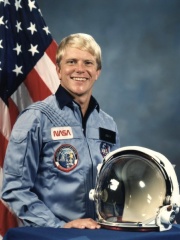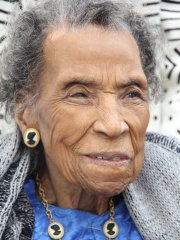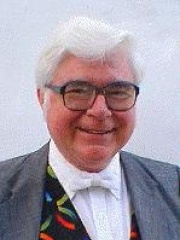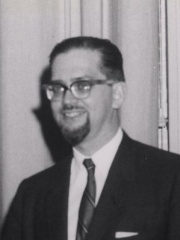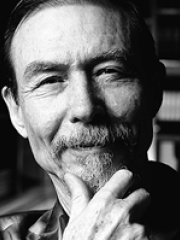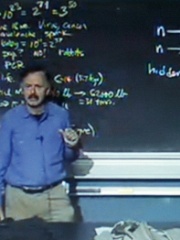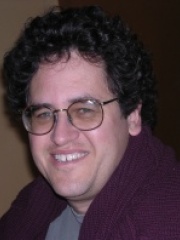Physicist
J. Richard Gott
1947 - today
EN.WIKIPEDIA PAGE VIEWS (PV)
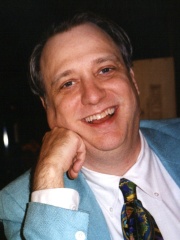
 J. Richard Gott
J. Richard Gott
His biography is available in 15 different languages on Wikipedia. J. Richard Gott is the 816th most popular physicist (down from 813th in 2024), the 13,306th most popular biography from United States (down from 12,656th in 2019) and the 190th most popular American Physicist.
Memorability Metrics
Page views of J. Richard Gott by language
Among Physicists
Among physicists, J. Richard Gott ranks 816 out of 851. Before him are Cumrun Vafa, Juan Ignacio Cirac Sasturain, Daniel Kleppner, Sylvia Fedoruk, Robbert Dijkgraaf, and Raja Ramanna. After him are Sidney Drell, Edwin Thompson Jaynes, Albert-László Barabási, Sabine Hossenfelder, Ernest Moniz, and Harald Lesch.
Most Popular Physicists in Wikipedia
Go to all RankingsCumrun Vafa
1960 - Present
HPI: 49.57
Rank: 810
Juan Ignacio Cirac Sasturain
1965 - Present
HPI: 49.51
Rank: 811
Daniel Kleppner
1932 - 2025
HPI: 49.43
Rank: 812
Sylvia Fedoruk
1927 - 2012
HPI: 49.41
Rank: 813
Robbert Dijkgraaf
1960 - Present
HPI: 49.28
Rank: 814
Raja Ramanna
1925 - 2004
HPI: 49.20
Rank: 815
J. Richard Gott
1947 - Present
HPI: 49.03
Rank: 816
Sidney Drell
1926 - 2016
HPI: 48.87
Rank: 817
Edwin Thompson Jaynes
1922 - 1998
HPI: 48.83
Rank: 818
Albert-László Barabási
1967 - Present
HPI: 48.61
Rank: 819
Sabine Hossenfelder
1976 - Present
HPI: 48.55
Rank: 820
Ernest Moniz
1944 - Present
HPI: 48.46
Rank: 821
Harald Lesch
1960 - Present
HPI: 48.46
Rank: 822
Contemporaries
Among people born in 1947, J. Richard Gott ranks 836. Before him are Gennadiy Tsygankov, Dana Rohrabacher, Yevgeni Zimin, Stephen Hadley, Alexander Gusev, and Steve Khan. After him are Olympia Snowe, Peter Noone, Andrew Parrott, Marit Nybakk, Chris Stringer, and Jana Bellin.
Others Born in 1947
Go to all RankingsGennadiy Tsygankov
HOCKEY PLAYER
1947 - 2006
HPI: 49.18
Rank: 830
Dana Rohrabacher
POLITICIAN
1947 - Present
HPI: 49.11
Rank: 831
Yevgeni Zimin
HOCKEY PLAYER
1947 - 2018
HPI: 49.11
Rank: 832
Stephen Hadley
POLITICIAN
1947 - Present
HPI: 49.09
Rank: 833
Alexander Gusev
POLITICIAN
1947 - 2020
HPI: 49.08
Rank: 834
Steve Khan
MUSICIAN
1947 - Present
HPI: 49.04
Rank: 835
J. Richard Gott
PHYSICIST
1947 - Present
HPI: 49.03
Rank: 836
Olympia Snowe
POLITICIAN
1947 - Present
HPI: 49.02
Rank: 837
Peter Noone
MUSICIAN
1947 - Present
HPI: 49.02
Rank: 838
Andrew Parrott
CONDUCTOR
1947 - Present
HPI: 49.01
Rank: 839
Marit Nybakk
POLITICIAN
1947 - Present
HPI: 49.00
Rank: 840
Chris Stringer
ANTHROPOLOGIST
1947 - Present
HPI: 48.97
Rank: 841
Jana Bellin
CHESS PLAYER
1947 - Present
HPI: 48.95
Rank: 842
In United States
Among people born in United States, J. Richard Gott ranks 13,310 out of NaN. Before him are James Buchli (1945), Stanley Kunitz (1905), Arthur Hohl (1889), Andrea Jaeger (1965), Patsy Kelly (1910), and D'Arcy Carden (1980). After him are Marie Windsor (1919), Rachel Corrie (1979), Dennis O'Keefe (1908), John Davis (1921), George Nelson (1950), and Amelia Boynton Robinson (1911).
Others born in United States
Go to all RankingsJames Buchli
ASTRONAUT
1945 - Present
HPI: 49.04
Rank: 13,304
Stanley Kunitz
WRITER
1905 - 2006
HPI: 49.04
Rank: 13,305
Arthur Hohl
ACTOR
1889 - 1964
HPI: 49.04
Rank: 13,306
Andrea Jaeger
TENNIS PLAYER
1965 - Present
HPI: 49.04
Rank: 13,307
Patsy Kelly
ACTOR
1910 - 1981
HPI: 49.04
Rank: 13,308
D'Arcy Carden
ACTOR
1980 - Present
HPI: 49.04
Rank: 13,309
J. Richard Gott
PHYSICIST
1947 - Present
HPI: 49.03
Rank: 13,310
Marie Windsor
ACTOR
1919 - 2000
HPI: 49.03
Rank: 13,311
Rachel Corrie
SOCIAL ACTIVIST
1979 - 2003
HPI: 49.03
Rank: 13,312
Dennis O'Keefe
ACTOR
1908 - 1968
HPI: 49.03
Rank: 13,313
John Davis
ATHLETE
1921 - 1984
HPI: 49.03
Rank: 13,314
George Nelson
ASTRONAUT
1950 - Present
HPI: 49.03
Rank: 13,315
Amelia Boynton Robinson
SOCIAL ACTIVIST
1911 - 2015
HPI: 49.03
Rank: 13,316
Among Physicists In United States
Among physicists born in United States, J. Richard Gott ranks 190. Before him are Robert L. Forward (1932), Herbert Goldstein (1922), Stephen L. Adler (1939), Howard Georgi (1947), Arthur Wightman (1922), and Daniel Kleppner (1932). After him are Sidney Drell (1926), Edwin Thompson Jaynes (1922), Ernest Moniz (1944), Carver Mead (1934), Richard A. Muller (1944), and John C. Baez (1961).
Robert L. Forward
1932 - 2002
HPI: 51.03
Rank: 184
Herbert Goldstein
1922 - 2005
HPI: 50.17
Rank: 185
Stephen L. Adler
1939 - Present
HPI: 50.15
Rank: 186
Howard Georgi
1947 - Present
HPI: 49.91
Rank: 187
Arthur Wightman
1922 - 2013
HPI: 49.85
Rank: 188
Daniel Kleppner
1932 - 2025
HPI: 49.43
Rank: 189
J. Richard Gott
1947 - Present
HPI: 49.03
Rank: 190
Sidney Drell
1926 - 2016
HPI: 48.87
Rank: 191
Edwin Thompson Jaynes
1922 - 1998
HPI: 48.83
Rank: 192
Ernest Moniz
1944 - Present
HPI: 48.46
Rank: 193
Carver Mead
1934 - Present
HPI: 48.18
Rank: 194
Richard A. Muller
1944 - Present
HPI: 48.13
Rank: 195
John C. Baez
1961 - Present
HPI: 47.98
Rank: 196

